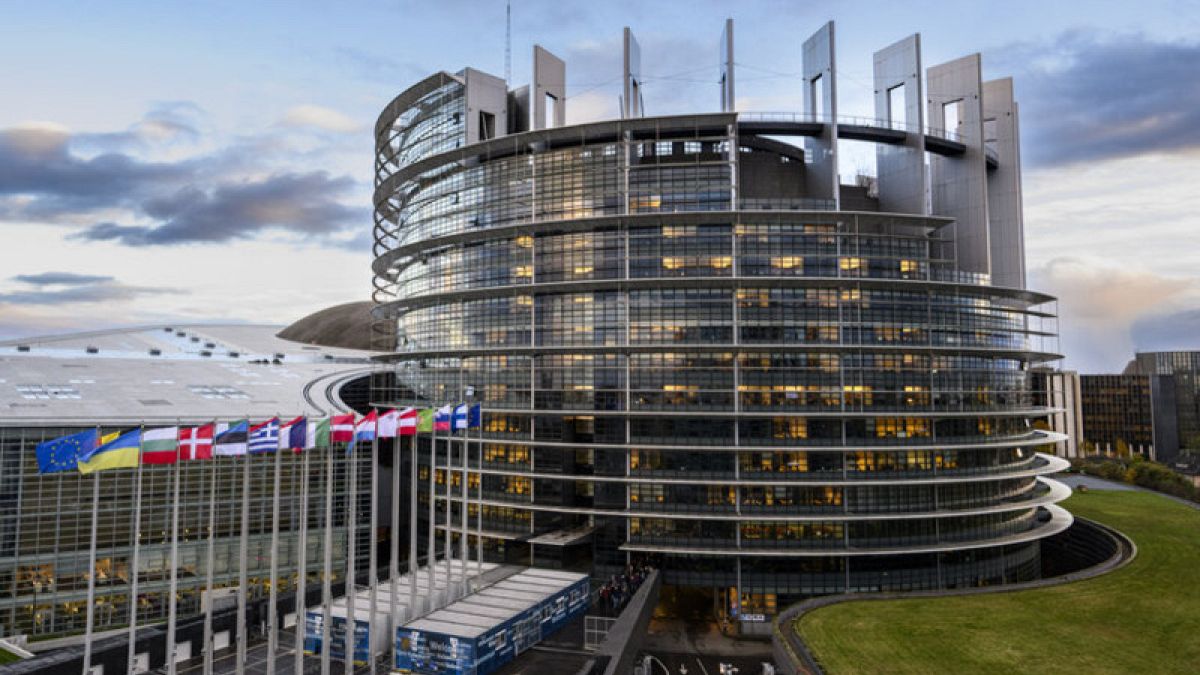
Financial Misconduct's Impact on the European Parliament and Le Pen
The gravitational pull of politics is often accompanied by clouds of intrigue, power plays, and sometimes even financial misconduct. The latest news involving French political leader Marine Le Pen and the implications of financial discrepancies in the European Parliament has brought these concerns once again into the spotlight. But Le Pen's case is not an isolated incident. Such misconduct has a broader resonance that extends across the European political landscape, beckoning for scrutiny and introspection.
The Case of Marine Le Pen
Marine Le Pen, the renowned figurehead of the far-right National Rally in France, has recently found herself embroiled in allegations that question the ethical dimensions of her political dealings. Le Pen's entanglement in accusations of embezzlement has raised eyebrows not only within France but across Europe. These allegations suggest that she misappropriated funds allocated for parliamentary purposes.
The potential reverberations of these claims could be seismic for Le Pen, whose political career is punctuated by her polarizing rhetoric and strategy. The gravity of such allegations goes beyond personal political fallout. It raises critical questions about the oversight mechanisms within the European Parliament that allowed such potential discrepancies to emerge in the first place.
The Broader Picture of Financial Misconduct
While Marine Le Pen's case might command the headlines, this instance is merely one piece of a larger puzzle. The European Parliament has faced longstanding challenges concerning financial transparency and accountability. Over the years, numerous MEPs (Members of the European Parliament) have faced allegations of financial misconduct, from misusing funds to claims of fraudulent expenses.
This pattern of behavior chips away at the credibility of the institution as a whole. Considering the European Parliament's pivotal role in shaping policies for the continent, the persistence of financial misconduct tarnishes its reputation. It undermines public trust, not just in the legislative body itself but in the entire political structure of the European Union.
How Financial Misconduct Affects Public Trust
Public trust is the cornerstone of any democratic institution. When those in positions of power are embroiled in financial scandals, it casts a shadow over the integrity of the governing body. The electorate begins to question whether their interests are genuinely being accounted for or if they are but a secondary consideration to political maneuvers and personal gain.
In the case of the European Parliament, allegations of financial misconduct can have severe repercussions. Voters might grow disillusioned, leading to diminished voter turnout and increased skepticism about the EU's efficacy. For an institution already grappling with issues of representation and relevance, financial misconduct adds another layer of complexity and challenge.
The Need for Stricter Oversight and Transparency
The occurrence of financial misconduct, whether alleged or proven, underscores the urgent need for fortified oversight mechanisms within the European Parliament. Ensuring transparency in the management and allocation of funds should be a priority. The establishment of rigorous auditing processes, combined with robust checks and balances, can mitigate potential malfeasance.
Additionally, cultivating a culture that emphasizes accountability and ethical conduct is vital. This approach would deter potential misconduct and reaffirm the Parliament's commitment to upholding the highest standards of governance. By instituting such measures, the European Parliament can begin to rebuild trust and illustrate its dedication to the principles it purports to uphold.
Lessons from Other Institutions
Looking at examples from other political bodies worldwide can offer valuable insights. Institutions that have successfully navigated similar challenges typically prioritize transparency and public engagement. For instance, some national parliaments have implemented real-time expenditure tracking systems, allowing citizens to easily access and review spending data.
Such measures enhance governmental accountability and foster a closer relationship between citizens and their representatives. For the European Parliament, adopting similar strategies could help reestablish credibility and assert its role as a transparent and accountable legislative body.
The Role of the Media in Shedding Light
Media outlets play a pivotal role in bringing instances of financial misconduct to public attention. Investigative journalism has been instrumental in uncovering misuse of public funds and exposing gaps in the system. The media serves as a watchdog, ensuring that power is held accountable and operating in the public interest.
For citizens, a free and open press provides a critical lens through which they can evaluate the actions of their elected officials. By highlighting cases like Marine Le Pen's, the media contributes to greater transparency and encourages discourse on improving institutional practices.
Moving Forward: A Call to Action
As the European Parliament grapples with financial misconduct challenges, a multipronged approach is necessary to address these issues effectively. Revisiting and strengthening internal policies, encouraging an ethical political culture, and maintaining transparent communication with the public are all essential components for meaningful reform.
Political leaders, policy makers, and citizens must collaborate to ensure that financial misconduct does not continue to undermine the European Parliament's integrity. By acknowledging the current failings and committing to continuous improvement, the institution can work toward rebuilding trust and fulfilling its responsibility to the people of Europe.
Conclusion
The case of financial misconduct involving Marine Le Pen and the European Parliament serves as a poignant reminder of the complex dynamics at play within political institutions. While these incidents expose vulnerabilities, they also present an opportunity for growth and betterment. By prioritizing transparency, accountability, and public engagement, the European Parliament can rise above these challenges and solidify its position as a credible and effective legislative body for all European citizens.


